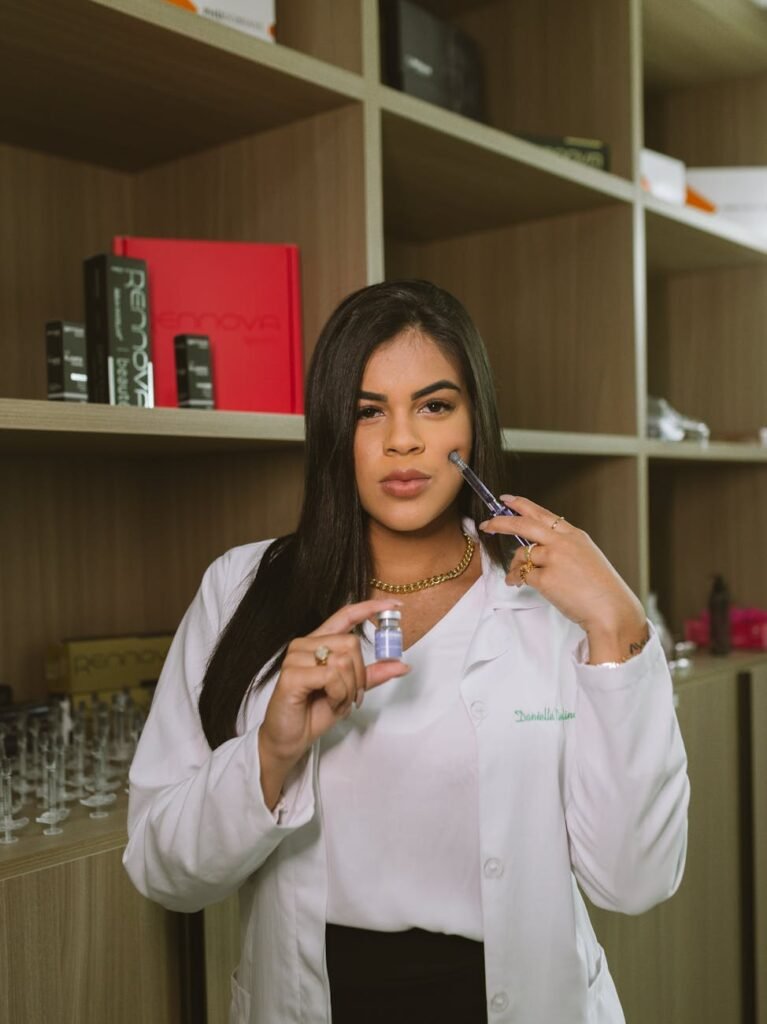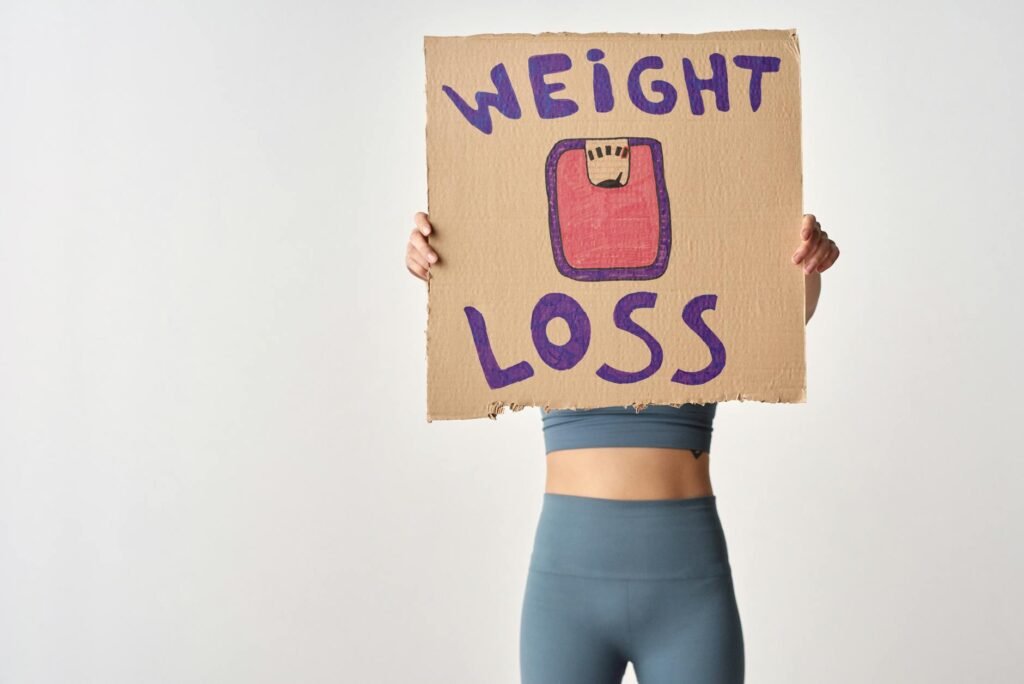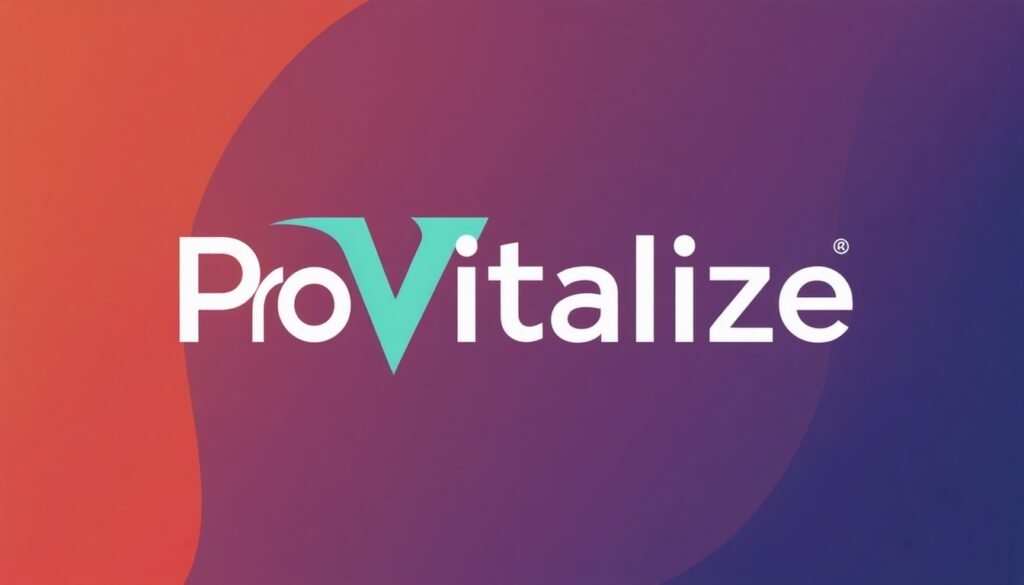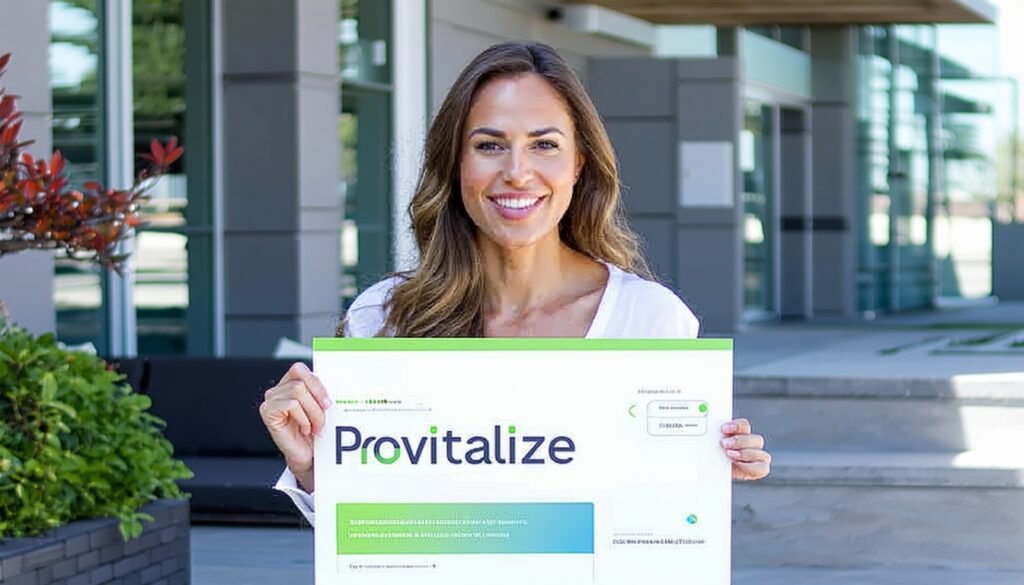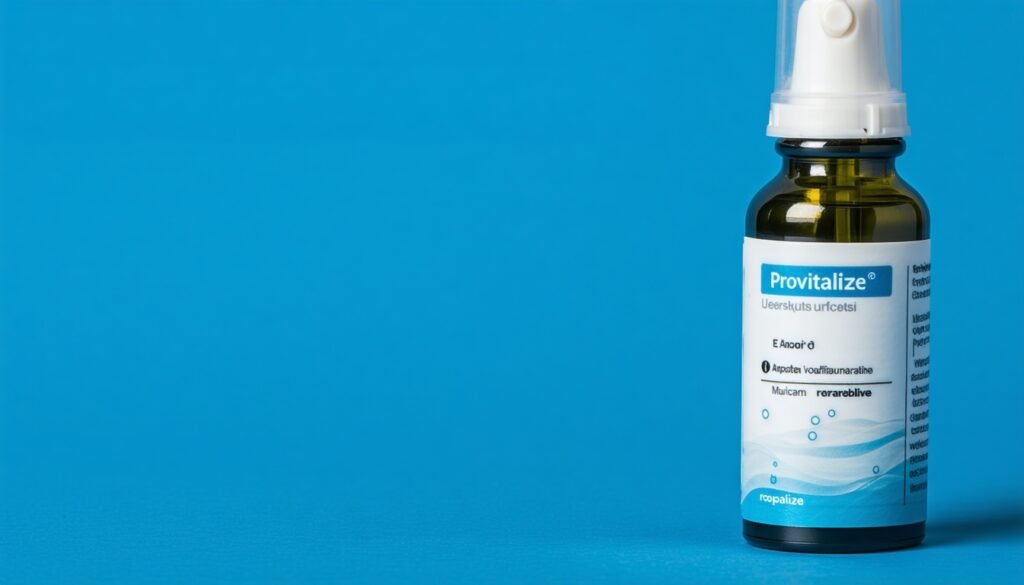Understanding Relational Therapy
Essence of Relational Therapy
Relational therapy, sometimes called relational-cultural therapy, revolves around building balanced, satisfying relationships and their role in emotional health. Forget stuffy clinical mumbo jumbo; this therapy zeroes in on how your social circle and family life play into your interactions with others. Think of it like getting the cheat codes for better friendship and family dynamics. Teens and young adults often hit the jackpot with this approach, especially when they can’t quite get a handle on healthy relationships. Plus, if you’re wrestling with anxiety or depression, this therapy doubles as your secret weapon for handling challenging interactions with healthcare pros and loved ones (big shoutout to Charlie Health).
Therapeutic Relationships in Relational Therapy
Here’s where the magic happens: in relational therapy, the bond between therapist and client is the heart of the whole gig. We’re talking about a connection that sparks a personal transformation in both parties. Therapists dive into the deep end, expanding their view and embracing empathy better to walk a mile in someone else’s shoes. It’s all about being accountable and seeing things from a new angle (Relational Life Institute).
A 2002 deep dive by Bohart and pals showed that people who snagged humanistic and experiential therapies, which are peppered with relational bits, really upped their game in managing emotions and facing tough situations. This stuff works, boosting emotional acuity and grit (Expansive Therapy).
Want to continue exploring this gem? Check out our other detailed sections, where we discuss relational cultural therapy, relational life therapy, object relations therapy, and cultural relational therapy.
Benefits of Relational Therapy
Are you trying to sort out relationship tangles? Relational therapy can be that helpful flashlight in a dark attic. Understanding how relationships affect mental health can smooth out emotional knots and create stronger bonds. Let’s explore two main perks: getting a grip on how relationships work and bouncing back emotionally through meaningful connections.
Enhanced Understanding of Relationships
Relational therapy examines how we connect with others. With a therapist, people can unpack how old memories and experiences shape their ability to form connections. This insight can turn awkward interactions into heartwarming exchanges.
Therapists here establish a space of trust and empathy, keenly listening to client tales and highlighting behaviours that drive others away. When clients figure out these patterns, they often experience lightbulb moments that lead to better family, friends, and work relations.
| Perks of Figuring Out Relationships | What’s it Mean? |
|---|---|
| The Friendlier the Merrier | Relationships get stronger and healthier |
| Chatting Like a Champ | Expressing emotions and thoughts gets easier |
| Knowing Yourself Better | Spot relationship troublemakers in your behavior |
If you’re curious and want to explore relationship-focused therapies more, consider relational cultural therapy.
Emotional Recovery Through Connection
Another juicy benefit? Emotional recovery through connecting with others. A therapist helps folks feel heard and cherished, which is gold for mental health. Relational therapy incorporates social and family factors to craft sweet, mutual relationships.
With a therapist’s support, clients catch and clean up old, painful relationship habits, paving the way to healing. This process boosts confidence and sparks positive shifts, helping folks navigate long-standing emotional messes or relationship squabbles. Trusting a therapist allows clients to feel hooked on and backed up, which is vital for healing.
| Emotional Bounce-Back Benefits | The Lowdown |
|---|---|
| Healing Old Hurts | Mend emotional boo-boos from the past |
| Self-Esteem Boost | Build self-worth through tops relational experiences |
| Feeling Empowered | Make sensible, healthier life tweaks |
For unique methods zeroing in on emotional healing and relationships, check out relational life therapy and object relations therapy.
After gaining an understanding of these prime benefits, individuals and pairs can make choices about trying relational therapy to improve their relationship and overall emotional wellness.
Evolution of Relational Therapy
Relational therapy has blossomed since its humble beginnings. Let’s examine how it has combined different psychological theories and fresh techniques to shape its current role in therapy.
Bringing Together Psychological Ideas
Relational therapy takes roots from the relational-cultural theory hatched by Dr. Jean Baker Miller in the 1970s. This approach emphasizes the importance of forming relationships, sharing empathy, and growing together. Over the years, it’s incorporated bits and pieces from other big-name psychological theories, crafting a well-rounded way to help people.
- Cognitive Behavioral Therapy (CBT): The principles of CBT are mixed into relational therapy to tackle emotional challenges, stress, and sticky power issues that crop up from past relationships (Charlie Health). Merging CBT with relational ideas lets therapists guide clients in seeing how their mindset and actions can shape their connections.
- Psychodynamic Therapy: Early brains like Freud pushed the idea of a solid therapist-client bond, emphasizing the relationship’s role in therapy (Therapy Helpers). Relational therapy taps into this by exploring how both old and new relationships can foster mutual growth.
| Theory | What It Brings to Relational Therapy |
|---|---|
| Cognitive Behavioral Therapy | Tackles thoughts and actions affecting connections |
| Psychodynamic Therapy | Spotlights the therapist-client bond and shared growth |
| Relational-Cultural Theory | Dives into empathy, sharing, and cultural angles |
Weaving these theories into relational therapy opens doors for addressing challenges like attachment issues, identity woes, and past traumas.
Today’s Moves in Relational Therapy
Modern relational therapy shows off some cool, novel techniques to boost the therapy game. These methods aim to deepen bonds and spur emotional healing through relationships.
- Teamwork Approach: Today’s relational therapy is team-style, with therapists partnering with clients to explore relationship habits and nurture solid social skills (Charlie Health). This shared effort engages clients more in their therapy and makes them feel more in control.
- Friends in the Mix: Some folks in relational therapy are inviting peers into the session, offering extra help and fresh viewpoints. Friends can bring unique vibes and stories that sprinkle extra richness onto the therapy path.
- Active Mentors: Therapists in this field often play the role of engaged mentors, really joining forces in the therapy dance. Their active role helps forge genuine, strong bonds between counsellor and client.
- Online Therapy: Thanks to tech, virtual therapy sessions are all the rage now. Online access makes it comfy and easy for clients to dive into therapy right from their couch.
Don’t miss our detailed write-ups on similar methods, such as relational life therapy and object relations therapy, for more information.
The journey of relational therapy is all about its ability to tweak itself to fit clients’ many needs. Integrating different psychological nuggets and embracing up-to-date techniques, relational therapy offers solid mental health tools to help patch up emotional wounds.
Applications of Relational Therapy
Relational therapy is a nifty approach that works wonders for a wide range of mental health issues and is smartly open to how different cultures do their thing.
Mental Health Conditions and Relational Therapy
Relational therapy is your ally for various mental health hiccups. With its knack for mending relationships and shedding light on past actions, it’s a winner for:
- Anxiety
- Depression
- Stress
- Eating disorders
- Addictions
- Trauma
Folks tangled in these issues can find a path to sturdier, long-lasting bonds with relational therapy (Psychology Today). Teens and young adults feeling their way through relationships, and people dealing with medical challenges who werent solid connections with their health squads and loved ones, find it especially nifty (Charlie Health).
| Mental Health Condition | How Relational Therapy Helps |
|---|---|
| Anxiety | Pinpoints and trims behaviors messing up relationships |
| Depression | Crafts deeper emotional bridges |
| Stress | Builds coping skills through healthier interactions |
| Eating Disorders | Sheds light on how relationships affect eating |
| Addictions | Nurtures support through positive bonds |
| Trauma | Tackles old relational hang-ups, opening doors to healing |
Relational therapy also reshapes tough relationship habits and spurs healing through therapist trust, boosting self-power and sparking positive shifts (Kindman & Co.).
Cultural Considerations in Relational Therapy
In relational therapy, being hip to culture is a big deal. It gets that who you are culturally speaks loads about how you connect with folks around you. This cultural savvy gives therapists the ammo to really get their clients and help those from all walks of life.
Relational cultural therapy and cultural relational therapy pull this off grandly. They make sure therapy sessions are all about the cultural spaces folks come from, which breaks down walls and builds stronger bonds with therapists.
Important cultural bits include:
- Giving a hat tip to different cultural vibes
- Knowing cultural identity shapes relational dynamics
- Tackling cultural diversity and potential clashes in connections
- Pushing for inclusivity and cultural know-how in therapy
When therapists handle clients from various backgrounds, tuning into cultural stuff can amp up the therapy game. Using approaches like relational life therapy and object relations therapy, which bring cultural notes into the mix, creates a rich therapy experience.
By homing in on how culture and connections sync up, relational therapy stands strong, backing individuals and couples of all stripes to craft healthier, richer relationships. For the healing crew—therapists and those they help—it’s vital to tune into these vibes as they work toward emotional mending and better bonds.
Choosing a Relational Therapist
Picking the right therapist can make all the difference in your therapy journey. Here’s a real-talk guide to what you should look for in a therapist and how to really click with them.
Qualifications and Experience
Alright, let’s get into the nuts and bolts: your therapist needs to know their stuff. You want someone who’s not just winging it. Make sure they’re licensed and have gotten cozy with relational therapy. Their track record matters because experience is golden, especially if they’ve worked with folks in the same boat as you.
Must-Haves:
- Legit License: They should have the paperwork in psychology, social work, counseling, or marriage and family therapy.
- Special Expertise: Training in relational therapy or some related brainy field is a must.
Experience Counts:
| Qualification | How Big a Deal? |
|---|---|
| Licensed Mental Health Pro | Biggie |
| Relational Therapy Training | Super Important |
| Familiarity with Your Issues | Kind of a Big Deal |
| Time in the Game | Nice to Have |
Ask them the tough questions about how they handle situations like yours. If you’re curious about some edgy techniques, check out specialized stuff like relational life therapy or object relations therapy.
Building Trust with Your Therapist
It’s crucial to build trust with your therapist. You want this relationship to feel like a safe space where you’re both working together (Kindman & Co.).
How to Set the Stage for Trust:
- Kick-off Meeting: Use this intro session to see how comfortable you feel. Are they listening?
- Spill the Beans: Be upfront about any jitters or doubts with your therapist.
- Stick to the Schedule: Regular meet-ups help create a reliable groove.
- Empathy & Respect: You deserve a therapist who respects where you’re coming from and gets cultural sensitivity.
Stuff like race, class, gender, and culture can totally impact therapy vibes. Your therapist should be savvy about these areas to keep things fair and inclusive (Kindman & Co.). Do you have cultural identity bits to work on? Cultural relational therapy might be your jam.
Final Checklist
When picking a therapist, check for the proper credentials and see if you feel well together. Keep an eye on:
- Proper license and speciality in relational therapy
- Experience with issues similar to yours
- A therapeutic bond that’s both comfy and trustworthy
- Respect and understanding for your cultural nuances
Choosing a relational therapist isn’t just about finding someone with the right certifications; it’s about forging a valuable connection that aids healing and enriches your understanding of relationships. If you’re just starting out with relational therapy, explore additional resources like object relations therapy for more insight.
Specialized Approaches in Relational Therapy
Relational Life Therapy
Relational Life Therapy (RLT) is a unique twist on couples therapy. Crafted by the talented Terry Real, it’s like a tapestry woven from systems therapy, feminist therapy, and coaching. And wow, does it work wonders with speed? According to the Relational Life Institute, this method shakes up relationships for the better.
In RLT, therapists don’t sit on the fence. Nope, they jump right in, often teaming up with the partner who’s been feeling a bit left out. Here’s the lowdown:
- Fixing Trauma Overtime: Tackling those hidden pains with the partner right there, holding hands.
- Story Time: Therapists dish out bits of their love life tales to clients.
- Tough Love: Pointing out where things are going off track, nudging couples to grow.
- Life Hacks for Love: Sharing skills that keep the love boat sailing smoothly.
These tools don’t just turn rough seas into calmer waters—they give people the tools to steer their ships towards real change.
Object Relations Therapy
Stepping into the world of relational therapy with Object Relations Therapy is like entering a cosy, trust-filled sanctuary. Clients are welcomed, seen, and indeed heard (Kindman & Co.).
Here’s what this bad boy’s all about:
- Trust Building: Creating a haven where clients feel comfortable letting it all out.
- Keeping It Real: Therapists showing off their genuine, caring sides.
- Feel the Feels: Diving into those intense emotions and making sense of them.
From considering power balances to peeking into how race, class, gender, and culture affect relationships, Object Relations Therapy isn’t just any therapy—it’s a heartfelt, collaborative effort (Therapy Helpers).
Grasping these specialized approaches in relational therapy opens a door for individuals and couples to find what works best for them. At its core, effective relational treatment is all about crafting tight-knit, empathetic, and inclusive bonds in treatment.


